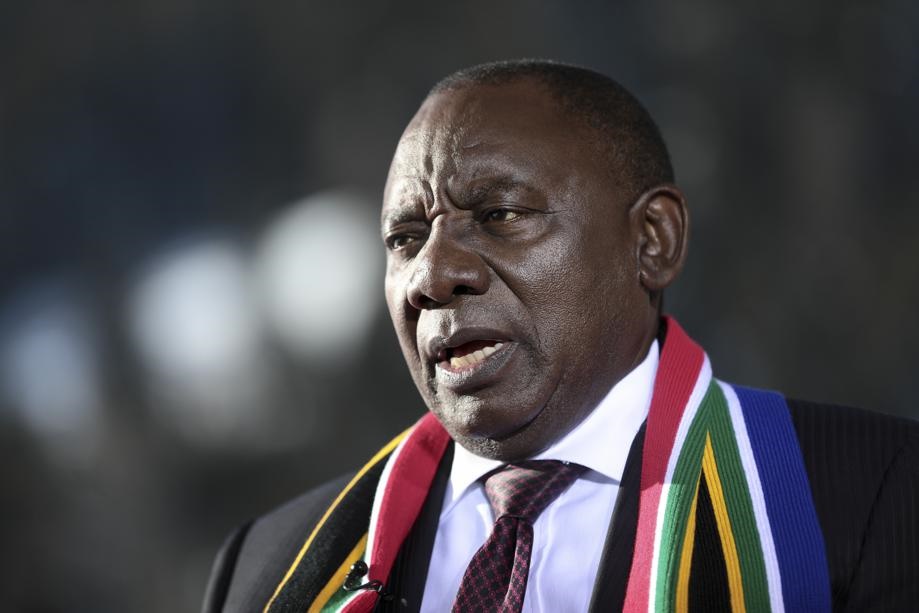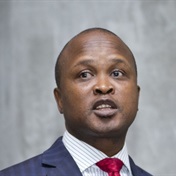
A few days after President Cyril Ramaphosa announced his economic recovery plan or "stimulus package", responses have shifted from "positive" to "mixed" reactions.
Ramaphosa's plan intends to direct R400bn towards infrastructure spending, including investments in agriculture. Further, the president wants government departments to reprioritise R50bn from other programmes to newly identified priority areas.
In budgeting, the word "reprioritise" is an exercise that involves departments having to shift funds from programmes that could be suspended temporarily so that the money can be directed to newly identified priority areas.
During my time as a low-level official at Treasury's budget office, I remember drafting in the budget guidelines "departments should reprioritise funds from non-performing programmes to key priority areas". If carried out properly, the exercise simply means cutting frills and revising the budget baseline with the aim to present a leaner budget where only key priorities are funded.
More details about the proposed reprioritisation exercise will be provided by the finance minister. The proposed reprioritisation of funds in the public sector has the potential to help us free up more than R50bn from government programmes we can do without, but only if done properly!
I have two things to say about the proposed idea of reprioritisation, and my colleagues at Treasury would most likely agree with me because they know the reality of dealing with government departments when it comes to budgeting or cutting frills.
Firstly, government departments including the embattled state-owned entities often refuse to reprioritise funds, mostly if this entails losing funds to programmes that are to be implemented in other departments. Put simply, show me a government department that is willing to let go of funds so that the funds can be properly and efficiently spent in another department.
One would imagine that since government departments are pursuing similar outcomes of good governance and therefore need to coordinate their utilisation of funds in harmony, there will be no attempts by other departments to refuse to cooperate and volunteer away some of the funds from their budgets. In practice, no department is willing to let go of a cent, lest that money is directed to another department.
In public service, a big department with a big budget is an outright success. A lean department willing to reprioritise and let go of some of the funds is something unheard of in the public service.
In order to achieve reprioritisation of funds to the tune of R50bn, President Ramaphosa and Finance Minister Nhlanhla Nene would have to do things differently: they have to issue non-negotiable instructions to government departments.
If the process is carried out within the normal bureaucratic system where departments are asked to volunteer details as to which of their funded projects can be set aside, the whole exercise will fail. To ask departments to do this exercise is to ask turkeys to vote for Christmas.
The second point about the proposed reprioritisation of funds is the reality that much of the money can be found by adjusting the budget baseline of various departments. Again, this has been tried before and it failed.
Most government departments refuse to adjust their budget baseline because this guarantees that they get the same budget every year, with minor adjustments for inflation and so forth. By adjusting their budget baseline, departments can revise it down in a way that saves money.
Take for example a department whose budget structure has remained the same despite some changes in terms of organisational structure and even the number of personnel employed. By revising the budget baseline, a department would look into what are the changes in terms of its vision, mandate and so forth. Such revision may require modification of budgets to match the activities of the departments with what is being budgeted for.
This exercise is very easy to undertake when it comes to personnel. Some departments may need to shed some personnel as part of the revision of their budget baseline. This route however is a political suicide. Government departments just don't downsize!
The main challenge for Ramaphosa's stimulus package is that it is all about already allocated funds. This means that it will create a shock, and possible resistance, in the public sector because it requires government departments to stop doing certain things.
The exercise would be easier if the funds were freshly allocated for the stimulus package. Ramaphosa will have to go out like a notorious debt collector and extract the money from certain government programmes and direct that money to key priority areas.
Lastly, Ramaphosa's proposal is better described as an austerity measure than a stimulus package. A stimulus package should entail injecting money into the economy through instruments such as tax breaks and interest rate cuts.
That being said, the austerity measures proposed by Ramaphosa have the potential to set the groundwork for a much-needed comprehensive stimulus package. The president's announcement on Friday is a step towards a stimulus package, clearing the groundwork.
- Ralph Mathekga is a Fellow at the SARChI Chair: African Diplomacy and Foreign Policy at the University of Johannesburg and author of When Zuma Goes and Ramaphosa's Turn.
Disclaimer: News24 encourages freedom of speech and the expression of diverse views. The views of columnists published on News24 are therefore their own and do not necessarily represent the views of News24.




 Publications
Publications
 Partners
Partners























